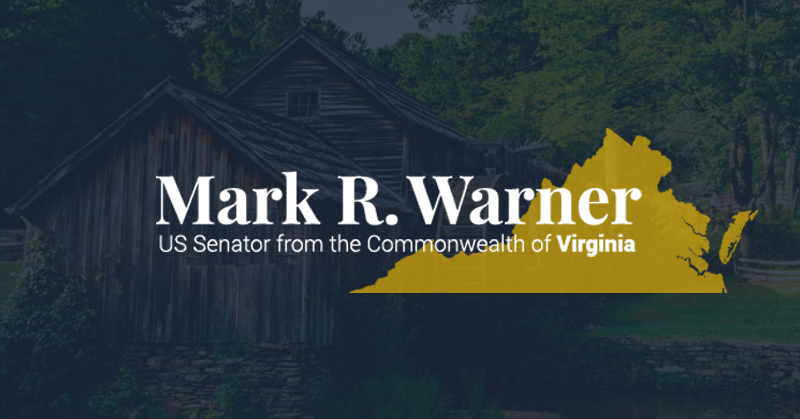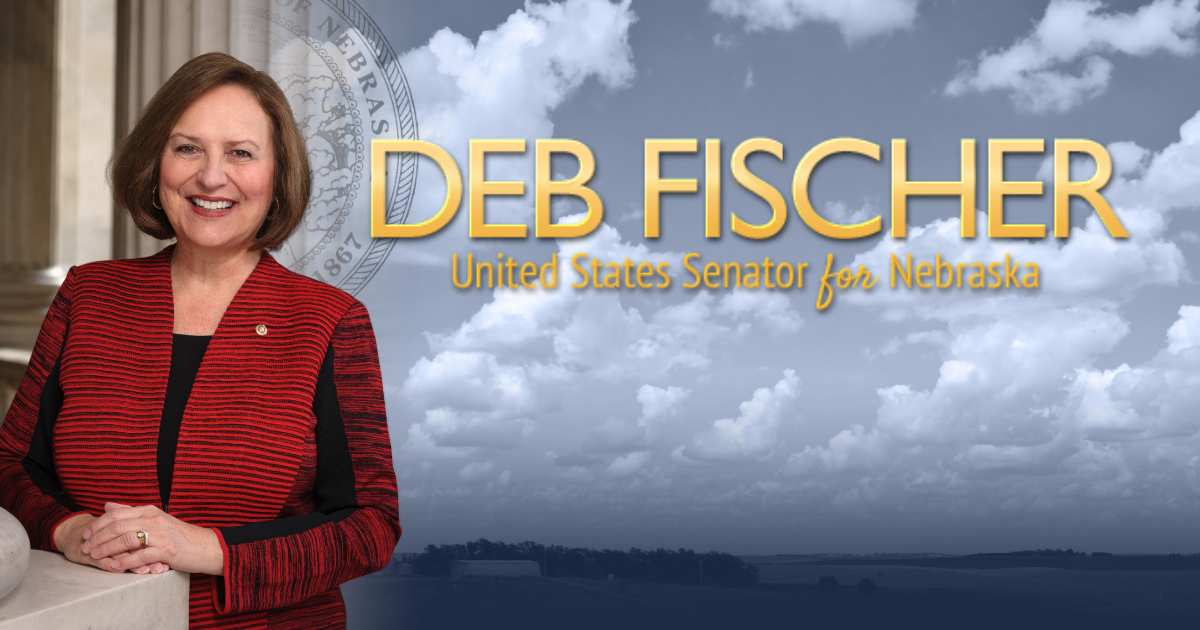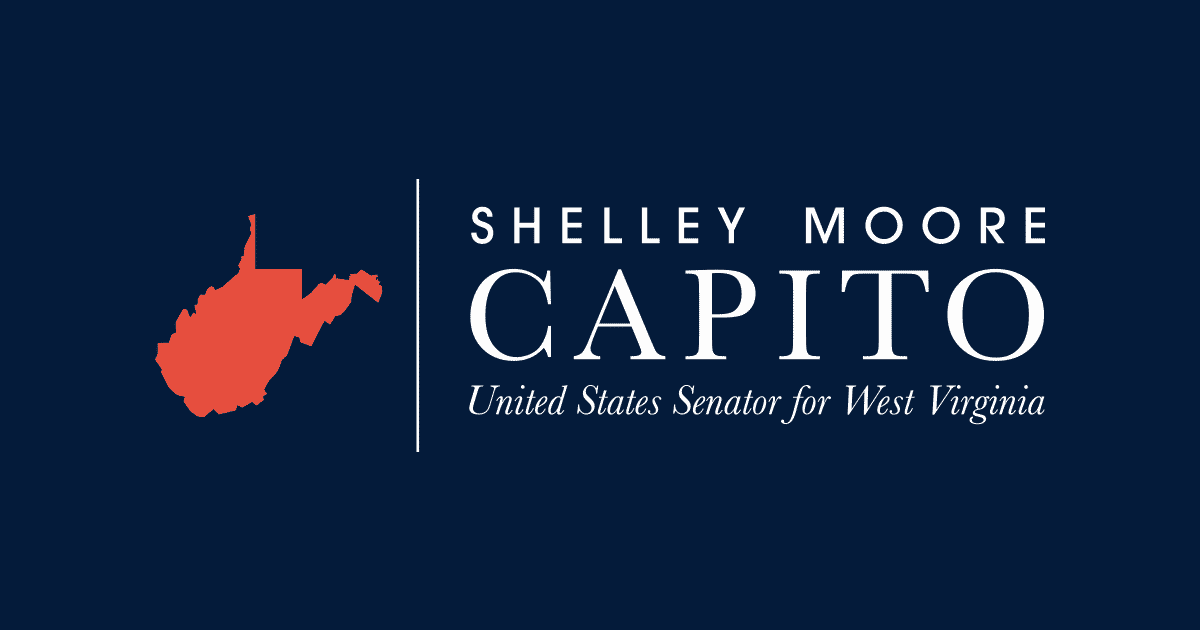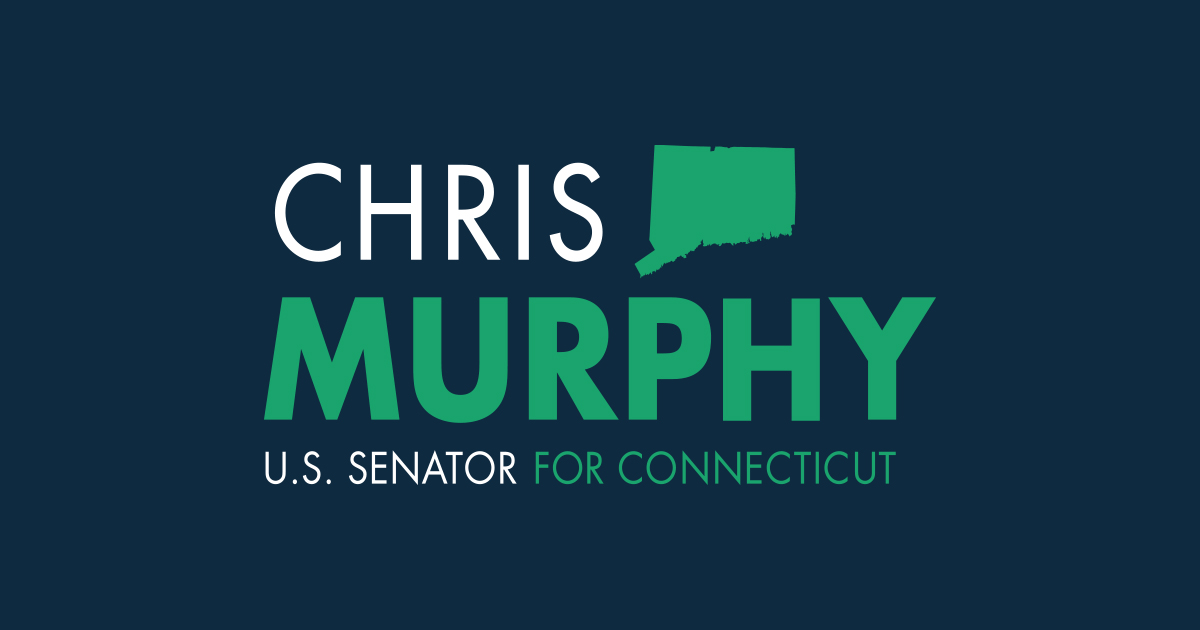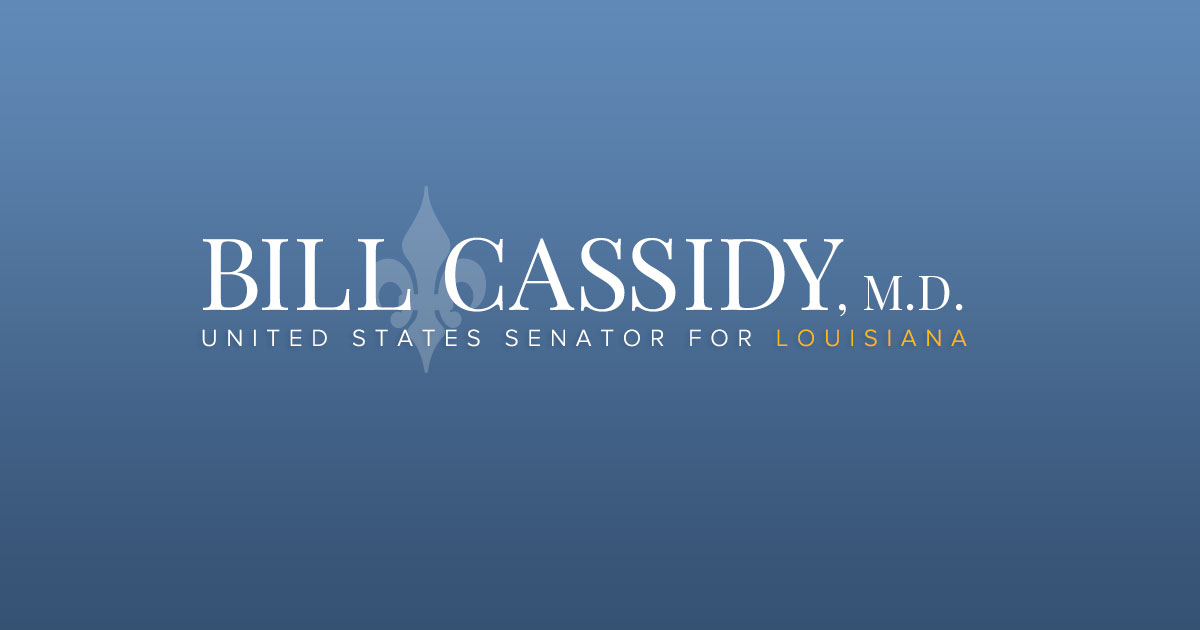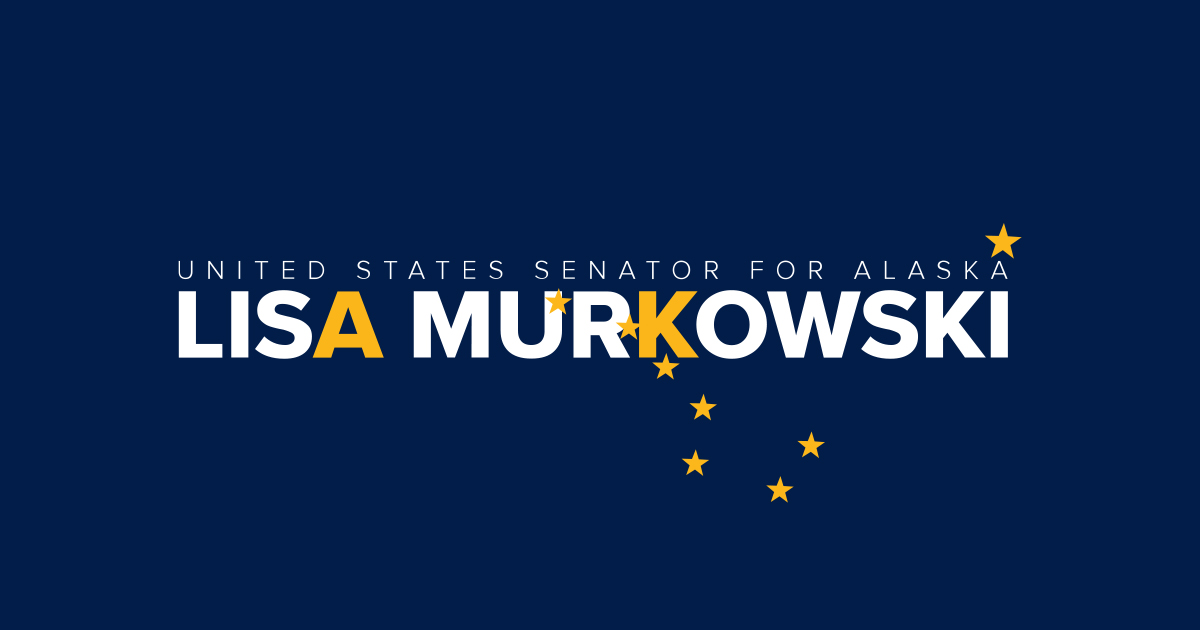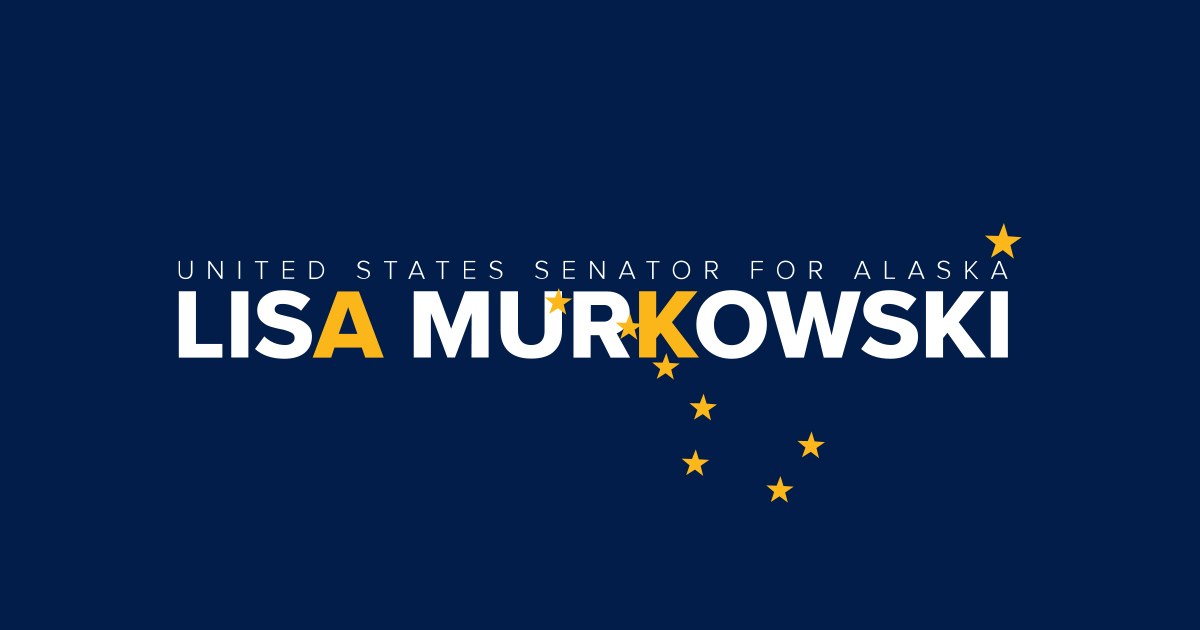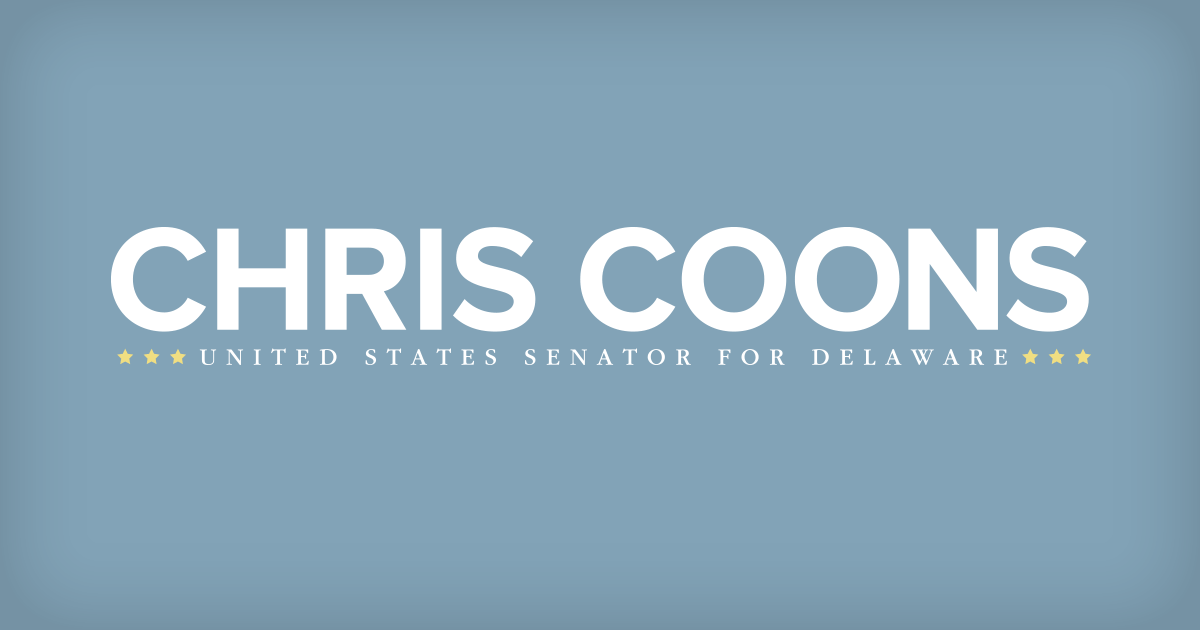Source: United States Senator for Commonwealth of Virginia Mark R Warner
WASHINGTON – Today, Chairman of the Senate Select Committee on Intelligence U.S. Sen. Mark R. Warner (D-VA) appeared on FOX News Sunday to discuss the how the U.S. needs to tackle rising threats posed by the Communist Party of China.
On the how the United States needs to address the rise of the Chinese Communist Party on the world stage:
“We have never had a potential adversary like China. The Soviet Union, Russia, was military or ideological, China is investing in economic areas. They have $500 billion in intellectual property theft, and we are in a competition not just on a national security basis but on a technology basis. That’s why national security now includes telecommunications, satellites, artificial intelligence, quantum computing. Each of these domains, we have got to make the kind of investments to stay ahead. I think we are starting that in a bipartisan way. We did the CHIPS bill to try to bring semiconductor manufacturing back, we have kicked out Huawei out of our telecom systems. This week, I have a broad bipartisan bill that I am launching with my friend John Thune, the Republican lead, where we are going to say, in terms of foreign technology coming into America, we’ve got to have a systemic approach to make sure we can ban or prohibit it when necessary.”
On the influence of TikTok:
“Listen, you have 100 million Americans on TikTok, 90 minutes a day…They are taking data from Americans, not keeping it safe, but what worries me more with TikTok is that this could be a propaganda tool. The kind of videos you see would promote ideological issues. If you look at what TikTok shows to the Chinese kids, which is all about science and engineering, versus what our kids see, there’s a radical difference.”
On China’s support for Putin’s war in Ukraine:
“…if China moves forward to support Russia in Ukraine, I can’t understand some of my colleagues who are willing to say, ‘I don’t really care about Ukraine, but I’m concerned about China.’ Well, China and Russia, these authoritarian regimes, are linked, and we have to make sure Putin is not successful in Ukraine and that Xi doesn’t further his expansion plans around Taiwan.”
Video of Sen. Warner on FOX News Sunday can be found here. A transcript follows.
FOX News Sunday
SHANNON BREAM: Joining is now, Virginia Democratic Senator Mark Warner, Chairman of the Senate Intelligence Committee, welcome back. This week, you all have a hearing on worldwide threat assessments. You will have the DNI, the director of the CIA there. You have long been warning about China on multiple fronts. Do you think that we have lost valuable time in assessing the threat accurately? Will you talk about that this week?
SENATOR MARK WARNER: Well I think for a long time conventional wisdom was, the more you bring China into the world order, the more they’re going to change. That assumption was just plain wrong. China even changed their laws in 2016 to make it explicitly clear that every company in China, their first obligation is to the Communist Party. So we have never had a potential adversary like China. The Soviet Union, Russia, was military or ideological, China is investing in economic areas. They have $500 billion in intellectual property theft, and we are in a competition not just on a national security basis but on a technology basis. That’s why national security now includes telecommunications, satellites, artificial intelligence, quantum computing. Each of these domains, we have got to make the kind of investments to stay ahead. I think we are starting that in a bipartisan way. We did the CHIPS bill to try to bring semiconductor manufacturing back, we have kicked out Huawei out of our telecom systems. This week, I have a broad bipartisan bill that I am launching with my friend John Thune, the Republican lead where we are going to say, in terms of foreign technology coming into America, we’ve got to have a systemic approach to make sure we can ban or prohibit it when necessary.
BREAM: Does that mean TikTok?
SEN. WARNER: That means TikTok is one of the potentials. Listen, you have 100 million Americans on TikTok, 90 minutes a day. Even you guys would like that kind of return, 90 minutes a day. They are taking data from Americans, not keeping it safe, but what worries me more with TikTok is that this could be a propaganda tool. The kind of videos you see would promote ideological issues. If you look at what TikTok shows to the Chinese kids, which is all about science and engineering, versus what our kids see, there’s a radical difference.
BREAM: We will watch that, because that’s a bipartisan offering potentially this week. This past week we got information, it was revealed that both the Department of Energy and FBI believe that the origins of COVID were most likely a leak from the Wuhan Institute for Virology. This is something that early on this was called a conspiracy theory, you were racist if you talked about it. The Senate has actually unanimously passed a measure that would call on this administration to declassify information that we have about the origins. The White House won’t say whether the president will veto it or not if it gets to his desk. Do Americans, worldwide, do people not have a right to see that information?
SEN. WARNER: Shannon, here is again an example of what we are dealing with, with the Communist Party in China. If this virus had originated virtually anywhere else, we would have had world scientists there. The Chinese Communist Party has been totally opaque about letting in outside scientists to figure this out. Now, you’ve still got of some parts of the intelligence community that think it originated in a wet market, others saying that it could have gotten out from a lab, although I would say that one entity says it came from one lab in Wuhan, another said from another. At the end of the day, we’ve got to keep looking and we’ve got to make sure, in terms of future pandemics, that we can have access to the source of where these diseases originate a lot earlier on in the system. We’re three and half later, we still don’t have access to Wuhan.
BREAM: They’re not going to cooperate with that, especially if they assess internally they were at fault. How do they pay for this? Now, billions probably trillions in damages and losses for people, millions and millions of lives. How do they pay?
SEN. WARNER: Well I think again, this is where we’ve got to have that united front of countries all around the world, that there has to be consequences. There has to be consequences potentially in terms of sanctions, it’s one of the reasons why, if China moves forward to support Russia in Ukraine, I can’t understand some of my colleagues who are willing to say, “I don’t really care about Ukraine, but I’m concerned about China.” Well, China and Russia, these authoritarian regimes, are linked, and we have to make sure Putin is not successful in Ukraine and that Xi doesn’t further his expansion plans around Taiwan.
BREAM: Well, we know that even if they are not sending bullets over to Russia, they are buying up copious amounts of Russian oil. They are sending dual-use products that could actually be used on the battlefield. Xi doesn’t seem very worried about the warnings from the U.S. at this point. They haven’t even acknowledged or apologized for the balloon that went across America, we think capturing information as it went. It Xi afraid of this administration? To our warnings mean anything?
SEN. WARNER: Well I think Xi, as Putin thought, thought that with the invasion of the Ukraine, that the West would basically throw in the towel. The fact that we’ve not, the fact that you’ve got, for example, the German chancellor here just this past week, Germany’s dramatically increasing their defense budget. The fact that we’ve got nations like Finland and Sweden trying to join NATO. I think Putin made a major miscalculation and I do think Xi is watching the West stand up against Putin and is taking some lessons from that.
BREAM: You’re just back from India, among many other countries you visited. They abstained from the U.N. vote that condemned Russia’s invasion of Ukraine and called for an end to this. How important is it, a critical place like India, that they choose a side, and with the West?
SEN. WARNER: I think it’s time. Look, India is a great nation, as a matter of fact, I’m chair of the India Caucus, I’m a big supporter of India. India is now a major, major power. Fifth-largest economy in the world, and a place where remarkable things are happening. My message to the Indians has been, we understand that you have historic ties to Russia, and you still get a lot of your arms, but you cannot be a world leader, and attempt to be a moral world leader, without picking a side. And in this case, I think the younger Indians get that. Some of the older generation, I think we still have work to do.
BREAM: Okay, let’s turn to continued funding for Ukraine. Another $400 million was announced on Friday. There are questions, there’ll be more requests from Congress no doubt in the coming weeks about that. While there is strong support, here across the U.S. and across the West, the polls show that it’s pulling back a little bit. Here’s the reality from one analyst, “funding for the Ukrainian government has not demanded any tough bureaucratic trade-offs between funding priorities. It’s not requiring bouncing needs for Ukraine against a domestic spending.” We’ve hit our ceiling, we have some kind of negotiation that’s got to happen very shortly. There are competing needs and they are very real, so where do we assess our financial commitment?
SEN. WARNER: Well Shannon, let’s look at this. We have allocated $113 billion to Ukraine. We have actually only given them actually less than half of that, and on the military side, about $30 billion of roughly $60 billion. We’ve still got some runway to go there. But I think we need to keep that commitment, and the truth is the Russian army is being chewed up by the Ukrainians. We spent $800 billion a year on defense, in most of my lifetime to prevent Russia from exploiting that. We are having Ukrainians do that right now, in a sense, for us. I think we need to continue that. I think we will see the vast majority of members of Congress in both parties, there are some loudmouths on both sides that are pulling back, but if we are going to keep in this competition against Russia and China, Putin cannot be successful. At the same time, we have to realize as we look at China that national security is no longer simply tanks and trucks and guns and ships. It’s also telecom and AI and quantum computing and advanced synthetic biology. We have to make investments in those domains, as well, which is both an economic investment and I believe, national security investment.
BREAM: Speaking of another national security interest, Iran, this report on their nuclear capabilities came out this week and it’s kind of getting lost in all the other foreign policy headlines, but basically what the International Atomic Energy Agency told us is that they have hit 84% as far as enriching uranium. They said that’s just short of the 90% that you would need for a weapon. Britain, France, and Germany say they want to censure Iran over this. The U.S. is kind of hesitant. The reporting is that the Biden administration doesn’t want to go there. Are we now then softer on Iran’s new program then Europe?
SEN. WARNER: I do not believe that. We have made it explicitly clear – and I was just in Israel recently with a group of senators – that we agree with Israel. Iran cannot be a nuclear power. I think, that has been our policy it will continue to be our policy. There are two steps in this process, one is the enrichment issue, and I believe we will be tougher than the Europeans. We always historically always have been –
BREAM: So then why are we against censuring, reportedly?
SEN. WARNER: We have already sanctioned and censured more Iranian companies by far than our European friends. But there is also a question around delivery systems. Again, I think we and our Israeli friends are following this very closely. Again, we will not allow Iran to become a nuclear power.
BREAM: I’ve got to hit this, Havana Syndrome. The reporting out this week, an assessment from several intelligence agencies that they don’t think – that it’s unlikely there was a foreign adversary carrying out these attacks, whatever they were, where our people, diplomats or Intel officers around the world in U.S. missions have suffered really debilitating symptoms from this. Senator Rubio, your colleague tweeted this: “The CIA took the investigation of Havana syndrome seriously. But when you read about the devastating injuries it’s hard to except that it was by AC units and loud cicadas. Something happened here and just because we don’t have all the answers doesn’t mean it didn’t happen.” Will you continue trying to pursue answers?
SEN. WARNER: Absolutely. First of all, the most important thing is anyone who got sick, whatever the source was, whether they are CIA, DoD, State Department officials, we owe them the world’s best health care and I think we are providing that now. Initially frankly, under the last administration, this whole issue was attempted to be swept under the rug. We are now making sure that health care is provided. I know how, particularly the CIA, how extensive the investigation has been. And I’ve made very clear to them, if they need to continue that investigation, if new facts come to light, they ought to pursue that. But at this moment in time, I know how thorough they have been, and they have not found the evidence that I think perhaps they thought they would have found. We’ve got to follow the facts. At the end of the day that’s what we owe the members of this intel community, who protect our nation, and that means giving them the health care. If it ends up sensing some other source then what has been discovered so far, we have to pursue it.
BREAM: Senator, Chairman, thanks for coming back to Fox News Sunday.
###
